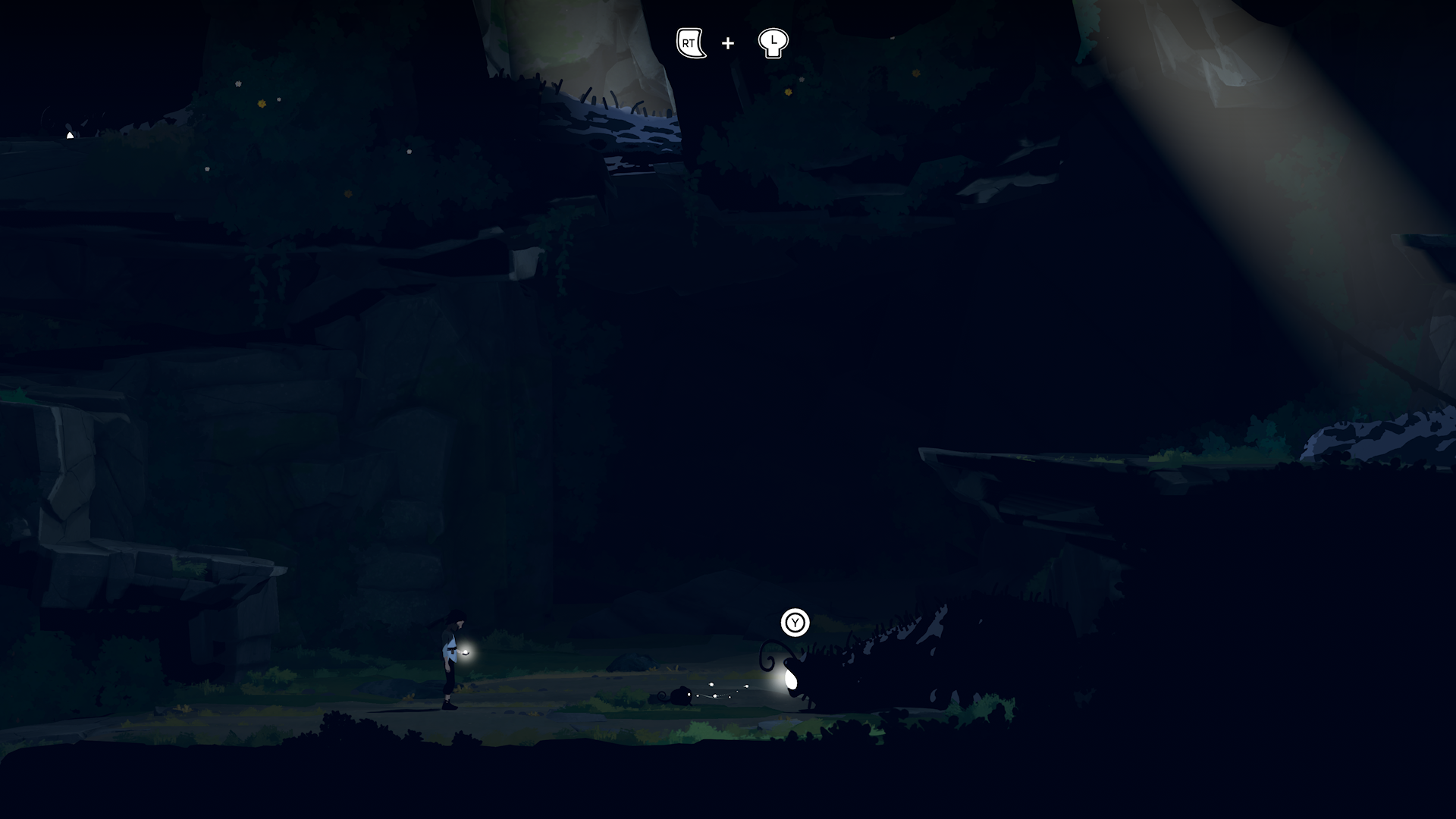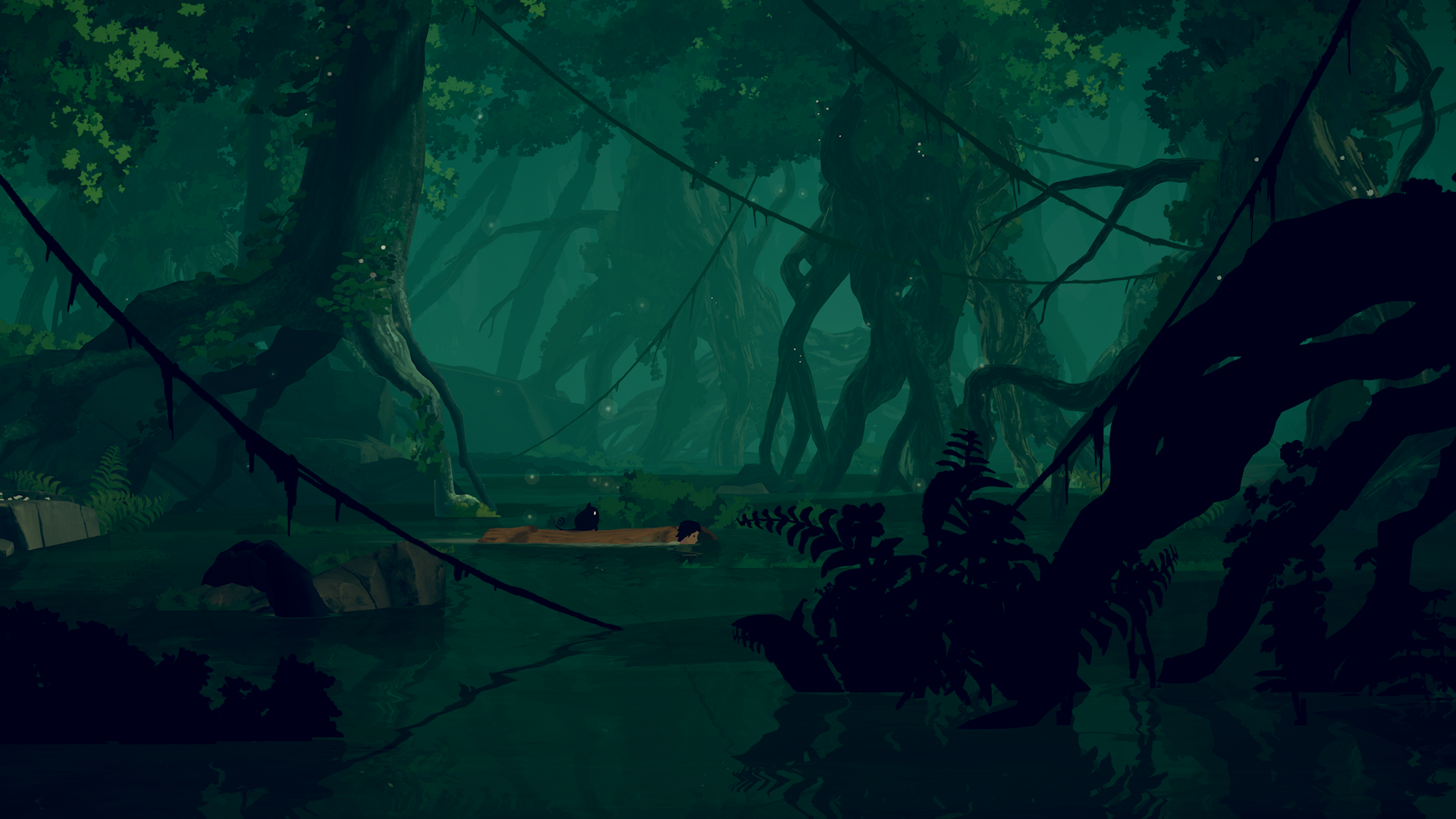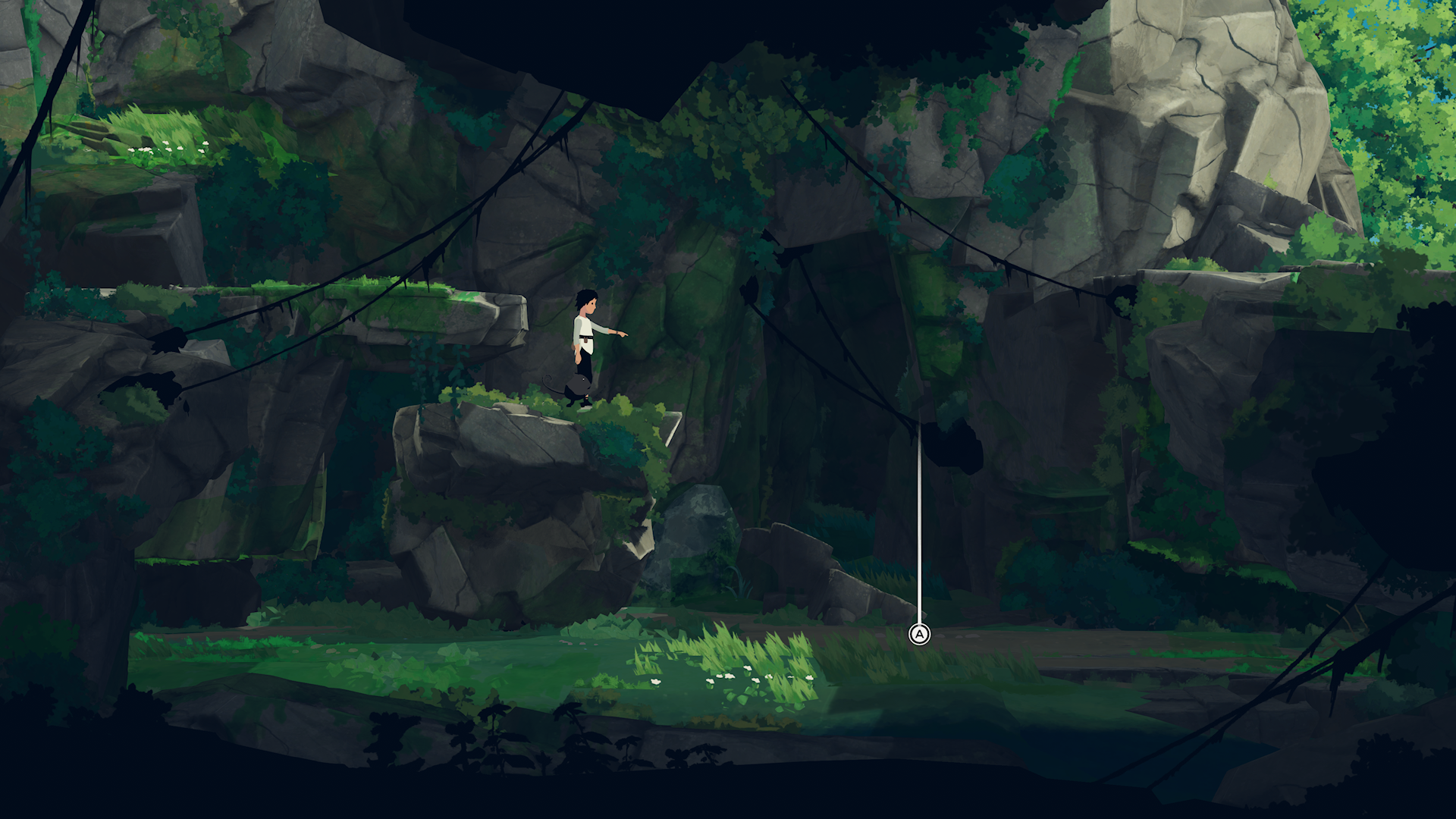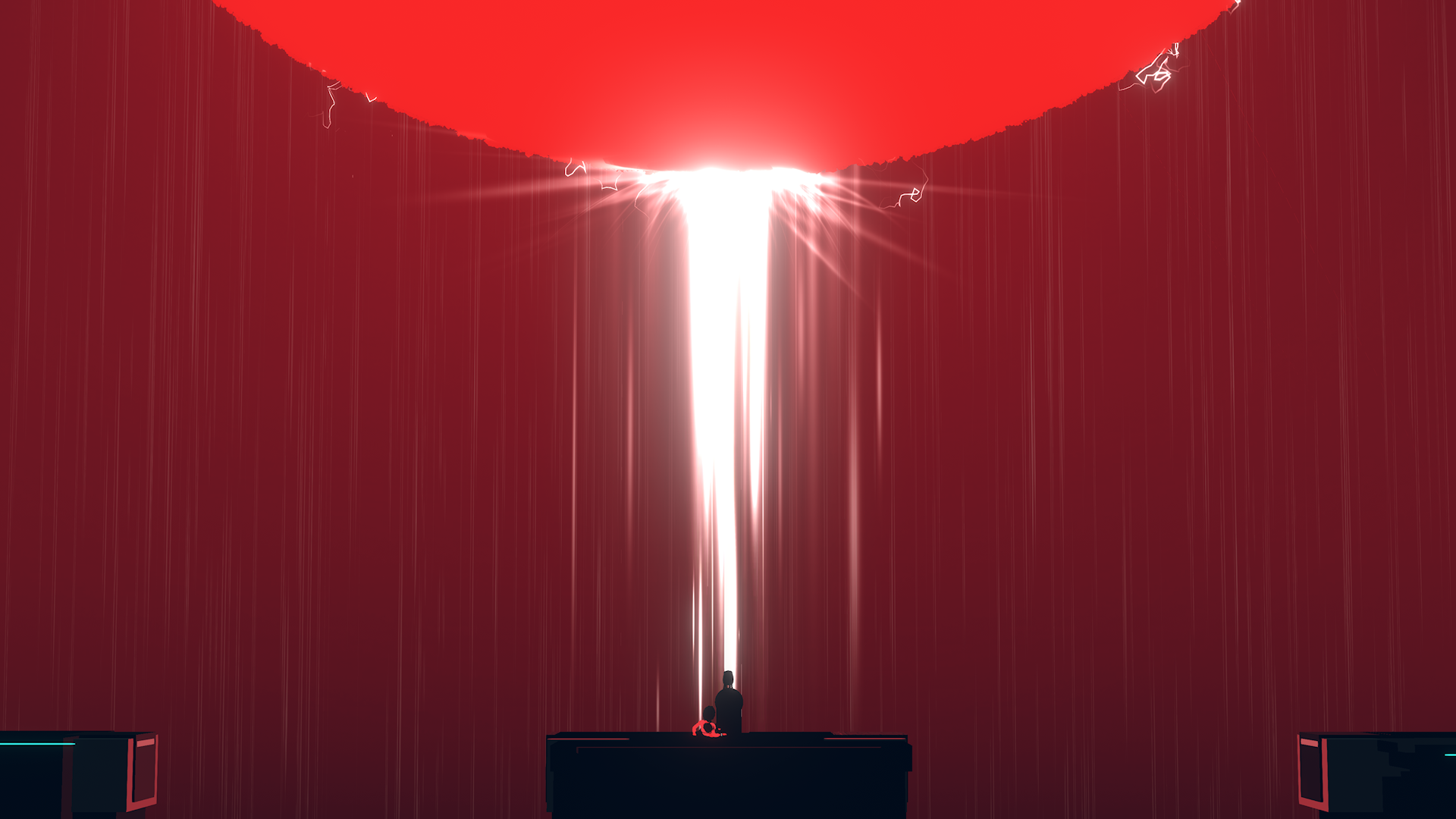Planet of Lana Review
Played on Xbox Series X
Developed by Wishfully Studios
Released 23rd May 2023
If you haven't heard about Wishfully Studios before, don't be surprised, since this is their debut title, and honestly, I didn't know about this game until its sequel got announced at Xbox's showcase for the Summer Game Fest this year. The beautiful art style and my general open-mindedness to trying out new games led me to the first title on Gamepass and I couldn't resist giving it a go.
Like I said, this is the debut release from Wishfully Studios, a Swedish studio founded after Adam Stjärnljus and his wife Maria Brunsson felt inspired to create a project based on one of Stjärnljus' drawings. They wanted a vibrant sci-fi world as opposed to their bleak influences of other artistic platformers like 'LIMBO' or 'Inside'. You can even track their whole development process from their Instagram account and how it was a steady process, unveiling the game piece by piece at various game conferences. That is, until finally, they officially announced the game in June 2021 at the Summer Game Fest. The game would go on to receive an 80 on Metacritic with praise for its cinematic flair, but disappointment in areas of its gameplay. I think 80 is quite a generous score, but I can confirm this is a genuinely enjoyable 4 hours.
Story
Starting and ending strong, the story lacked much of that impact halfway through its course. The narrative follows Lana as her village gets invaded by alien machines, resulting in the abduction of her sister. Along the way, she befriends a cat-like creature called Mui, and together you continue the search. The simple tale of finding your sister while simultaneously caring for Mui was fine, but the game could have been longer, allowing for more development of a stronger connection between you, the cat, and your sister. But that split spotlight between the two non-player characters limited how much I actually cared for them; moments where I got split up from Mui didn't affect me much, given how little time I've spent with them, or the sisters' reunion being deprived of emotional relief, given how artificial my bond with her is. Don't get me wrong, I still enjoyed their presence, especially Mui, who is the sidekick pet that everyone will love regardless, but the fictional language and emotive body expressions, for as immersive as they were, weren't enough to establish that connection the game needs you to have to make its story thrive. The best of it appears at the beginning and end, where the game is cinematically channelled through these characters, with the middle of the game feeling lacklustre with nothing of narrative value occurring, outside of some mysterious allusion to the aliens' origins (which even then gets glossed over quickly). It was a straightforward story that was maybe too streamlined, forgetting to expand beyond its introduction and finale.
Gameplay
Just as the story, the gameplay reveals its flaws in its straightforward approach. Like other atmospheric platformers that came before, such as 'LIMBO' and 'Inside', 'Planet of Lana' has the player bolster a child-like agility, or a lack thereof, intertwined with some cleverly constructed puzzles. The game has this nice progression to it too as you start of simply moving boxes so you could better reach a ledge before introducing a new mechanic that ever so slightly expands this simple loop; you start commanding Mui to certain locations to time your interactions with the enemy AI, having to control the water level for Mui to reach a log, controlling the alien robots for better positioning and more. It adds a much-needed spice to a gameplay loop that would've been worn out in it's 4-hours, but this wasn't as much of a respite as you'd think.
With each new addition to your and Mui's journey, the formula started to seep into repetition, with the mechanics feeling overused. By the end of the game, each puzzle solution became eerily similar to what came before. Using Mui as bait once to get past an enemy is cool and all, but having to do it several times in the span of less than an hour sapped a chunk of the enjoyment or tension that came with it. If the game offered multiple enemy types beyond the three that were constantly used, or mixed their presence among each other more often, there could've been some more interesting moments on display. Instead, what you're getting is an enemy-avoid-athon in between dragging some boxes. Playdead's classics are also offenders of this issue, but the difference is the finesse that comes with it. The narrative, environmental or even layout is different, even with puzzle repetitions there, but here, while it doesn't exterminate the enjoyment of the whole game, it doesn't let it thrive in its otherwise deserved moments.
Atmosphere
The main thing that stuck out to me when seeing reviews for this game was 'Rock, Paper, Shotgun's comment, detailing the game as an "epic odyssey", and in terms of flair, this game delivers on that promise. The game is stupidly gorgeous. It's as if Hayao Miyazaki of Studio Ghibli took painting tutorials from a Bob Ross inspired by the 'War of the Worlds' (not the Ice Cube disaster). Lively detailing of nature contrasted by the aggressively cold machinery, all blended together in a fascinatingly beautiful choice of colours. The expert selection of colour vibrancy, scene positioning and more was so effective that it ended up stealing much of the soundtrack's spotlight too.
Composer Takeshi Furukawa, previously working on 'The Last Guardian', offered to work on the game's OST after looking at its artwork, and while it does help drive that momentum of an exciting adventure, the audio efforts of the game just didn't compare to the visuals. Don't get me wrong, the unsettling sound effects of the robots scanning and moving, or the exaggeration of Lana's movement in the world are all superb, but this and the music were just too muted compared to the attention-hogging of the visuals, and that's the impact this game left on me upon completion.
Story - 6.5/10
Gameplay - 6.5/10
Atmosphere - 8/10
Good
It's an attempt to bring life and storytelling out of a canvas and onto the player's screen, and its flaws stem from the obvious limitations of this kind of translation.




